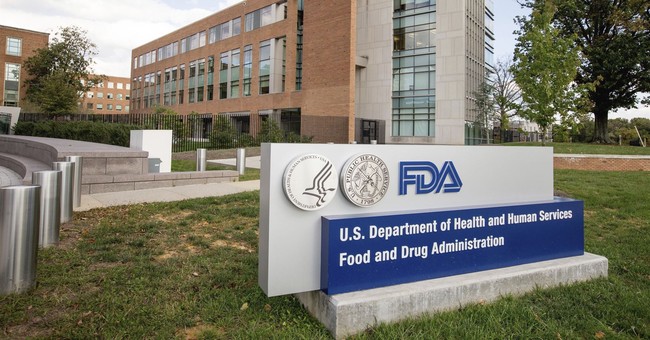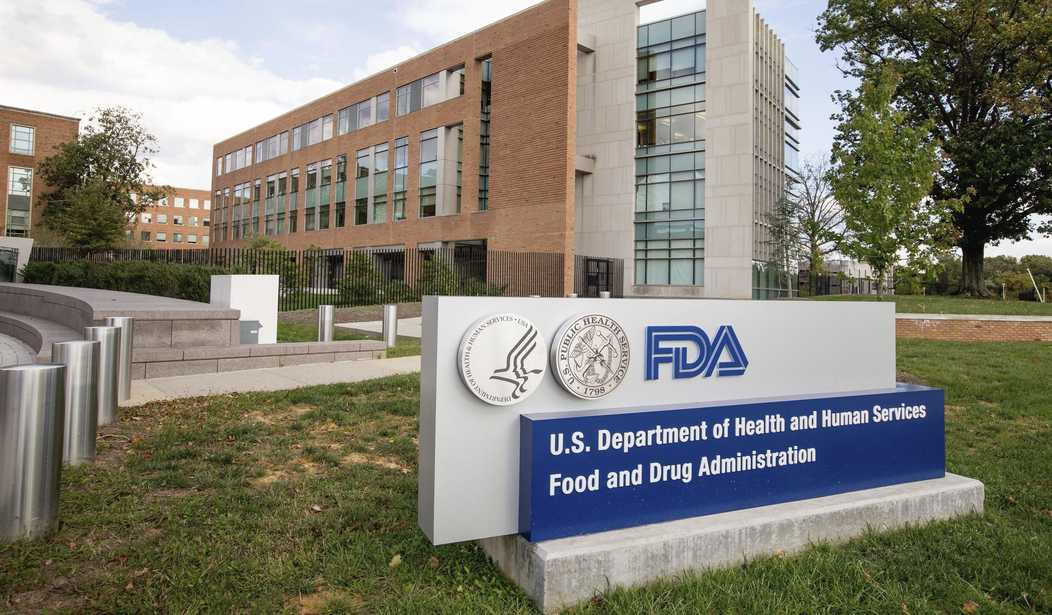
When looking to assign blame for the coronavirus pandemic, one could certainly point fingers in many directions. From China’s outright lies about the origin and nature of the virus to the World Health Organization’s bumbled response, governments and agencies around the globe have done less than a stellar job when it comes to reporting basic facts about COVID-19.
Unfortunately, the U.S. federal government has also had its share of mistakes regarding coronavirus. This is especially evident in the federal government’s slow and scatterbrained approach to testing.
Although early testing was discussed at a high level as a necessary step to decrease the spread of COVID-19, federal government red tape caused a lag in the development and distribution of testing. One reason for this is the broad regulatory scope of the Food and Drug Administration (FDA), which has the capacity to cover any and all things medically related, including COVID-19 testing.
For better or worse, the FDA has substantial power and control over the health care realm. For instance, with a pen stroke, the FDA can offer Emergency Use Authorization (EUA) during public health emergencies to bring unapproved medical products to market.
Looking back on early efforts by the federal government to slow the spread of COVID-19, testing protocol was a SNAFU. The U.S. Centers for Disease Control and Prevention (CDC) attempted but failed to create a test for COVID-19, while limiting the private sector from testing at all. Great idea, not!
On February 29, almost two months after the outbreak, the FDA finally removed its mountainous red tape and allowed the private sector to participate in the race to create diagnostic coronavirus tests.
Unfortunately, this long and unnecessary delay caused by federal government inefficiency allowed the virus to spread throughout the nation. Once restrictions were removed, the private sector created a series of breakthrough tests.
As the FDA has almost unlimited power and control when it comes to drug treatments and therapies, including access to testing, we ought to question the legitimacy of the agency when its actions resulted in delayed testing. Digging a little deeper, as the agency has full control of medical product development, the process and speed in which it takes to develop drugs is also dependent upon the whims of FDA bureaucrats.
And this begs the question: Isn’t 12 years and $2.9 billion too expensive and time consuming for drug development? Just in case you did not know, this is the average time and amount of money it takes to bring a single drug to market. No wonder there was such a hold-up for a simple coronavirus test!
The ramifications of government over-regulation in health care are widespread. From lack of access to potentially life-saving drugs and therapies to unaffordable medicine, these regulations cause needless pain and suffering.
Sadly, millions of sick Americans and their loved ones are bearing this burden. There are far too many diseases (cancer, Alzheimer’s, ALS, etc.) with no cure. Americans with these illnesses are desperately waiting to access treatments that could save or positively impact their lives. It is well past time to fundamentally reform the FDA’s antiquated drug approval process.
Fortunately, Free to Choose Medicine (FTCM) is a policy proposal that aims to expedite the drug approval process by putting health care choices back in the hands of patients and doctors.
Under FTCM, unapproved drugs would have to pass initial safety tests and at least one efficacy test before being made available to patients. Drug sponsors could then choose to offer the product on the FTCM track. Patients who wish to access these medications would have the option, after exhausting all other options, and in consultation with their doctor to use a treatment on the FTCM track.
FTCM would give options to patients. Even better, it would open the floodgates to pioneering approaches in drug development. The government should be a bridge to health care innovation, not a barrier.
Christina Herrin ([email protected]) is the director for Free to Choose Medicine, a project of The Heartland Institute, a non-partisan, free-market think tank headquartered in Arlington Heights, Illinois.












Join the conversation as a VIP Member